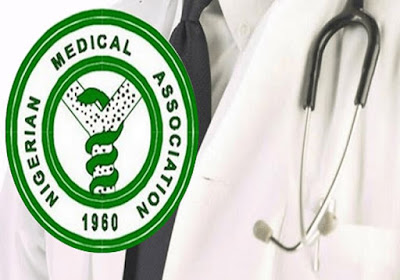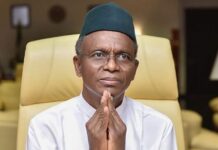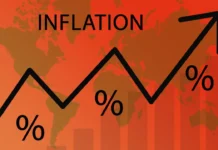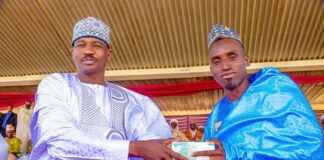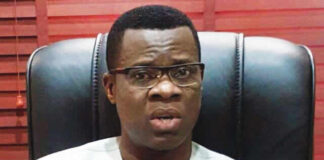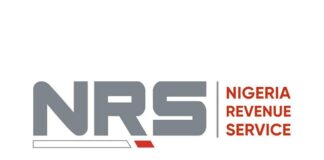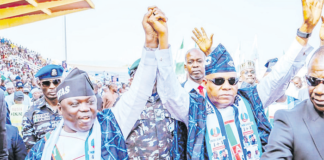Japa: Nigerian Medical Association to Establish Minimum Salary Benchmark for Doctors
This strategy aims to help Nigeria retain its critical healthcare workforce and prevent the ongoing ‘japa’ trend
The Nigerian Medical Association (NMA) is taking steps to establish a minimum salary benchmark for doctors across the country. Professor Bala Audu, President of the association, announced this during a briefing on the communique issued after the third National Health Summit and National Executive Council (NEC) meeting held in Abuja. The summit was themed “Healthcare Delivery in Nigeria: Translating Policies to Impact.”
Professor Audu highlighted the concern regarding the significant disparities in salaries for doctors in Nigeria, particularly among those employed by state governments, private institutions, and various Ministries, Departments, and Agencies (MDAs). He stated that creating a minimum salary benchmark would help address the issue of mass emigration of doctors from the country, often referred to as the ‘japa’ syndrome.
He explained, “This strategy aims to help Nigeria retain its critical healthcare workforce and prevent the ongoing ‘japa’ trend. The goal is to ensure that every registered doctor, licensed by the Medical and Dental Council of Nigeria (MDCN), receives at least the minimum salary, regardless of whether they work in the public or private sector.
“This applies to federal, state, or local government positions, as well as various departments and agencies that require medical services, such as hospitals, primary health sectors, university lecturers, customs, and other security agencies. Compliance with this minimum benchmark is essential to promote stability in the system.”
The NMA President also addressed the internal brain drain, noting concerns that doctors might prefer positions in one sector over another due to salary differences. For instance, some doctors may leave local government roles for better-paying state government positions or federal hospitals when they are more needed in state hospitals.
Additionally, the summit emphasized the need for comprehensive emergency training for all doctors in Nigeria, as well as equipping the healthcare workforce with essential emergency and lifesaving skills to ensure prompt and effective responses to medical emergencies.
The NMA President stated that the summit resolved to pursue strategic partnerships with the Nigeria Health Sector Renewal and Investment Initiative (NHSRII) and to adopt a sector-wide approach (SWAP) in line with its four main pillars.
The NEC also reviewed a report from the panel established at the Maiduguri NEC to address post-election petitions from various states. Furthermore, the summit called for closer collaboration with hospital leadership across Nigeria to strengthen institutional mechanisms aimed at improving clinical governance in hospitals.
The association recognized the need to develop a strategic plan for the NMA over the next five years, encouraging active participation from willing members to support this initiative.
Lastly, Professor Audu suggested that healthcare workers should be educated on the importance of pharmacovigilance and utilize e-reporting through the Med Safety App.
The summit also encouraged exploring partnerships with doctors in the diaspora, to enhance collaboration and exchange through agreements with the Nigeria Diaspora Commission (NIDCOM) and various local and international groups. Read More

